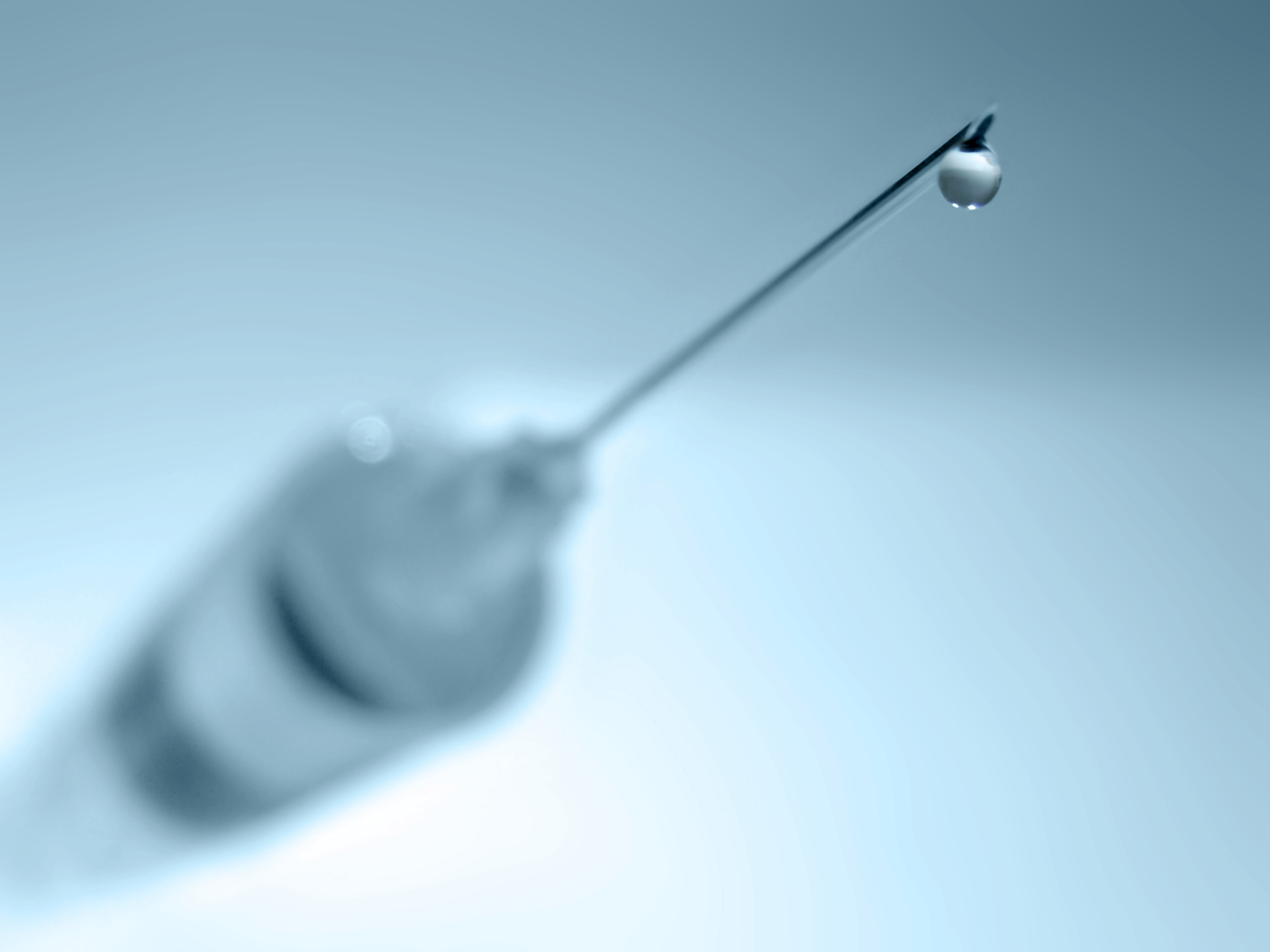Our ambition is to
-
in 2023, make our own prioritised list on the basis of the OECD list of medicines that are particularly harmful to the environment
-
from 2024, incorporate specific environmental requirements in at least one tendering procedure per year. In this context, we will take outset in our own prioritised list, starting with antibiotics
-
in 2024, we will enter into dialogue with relevant partners on reducing the use of environmentally harmful medicines.
We will do this because the World Health Organization (WHO) has estimated that, globally, almost five million people die every year, directly or indirectly, from antimicrobial resistance. And this number is increasing. Furthermore, medicine residues in wastewater contain substances that are harmful to humans and animals.
Once we have developed our own list of medicines that are particularly harmful to the environment, one of our first initiatives will be to develop joint Nordic criteria for the manufacture of the antibiotics. We will do this with our sister organisations in the Nordic Pharmaceuticals Forum.
We will collect international experience with using prescriptions to reduce the use of environmentally harmful medicines, including experience in Sweden. In this context, we will cooperate with national stakeholders such as the Danish Medical Association, medical companies, hospital pharmacies, pharmaceutical committees, etc.
READ MORE
Ambition for sustainability
We supply public hospitals with medicines worth around DKK 10 billion annually. We will exploit this position to help the regions meet their climate targets. Amgros also owns marketing authorisations for the special SAD medicines produced by hospital pharmacies. Therefore, in collaboration with the hospital pharmacies, we will also work towards more sustainable production.
READ MOREClimate
We will contribute to reducing the climate impacts of medicinal products through the entire supply chain.
READ MOREResponsible business conduct
In all of our business, we will respect the environment, human rights and anti-corruption.
READ MORECircular economy
We will contribute to reducing consumption and increasing recycling of packaging and to reducing medicine waste, thereby supporting the UN SDG on responsible consumption and production.
READ MOREContact
Sofie Pedersen
Senior Sustainability Specialist
I’m responsible for Amgros’ sustainability strategy. I work on promoting sustainability in business activities and routines at Amgros in dialogue and collaboration with my colleagues and Amgros stakeholders.

